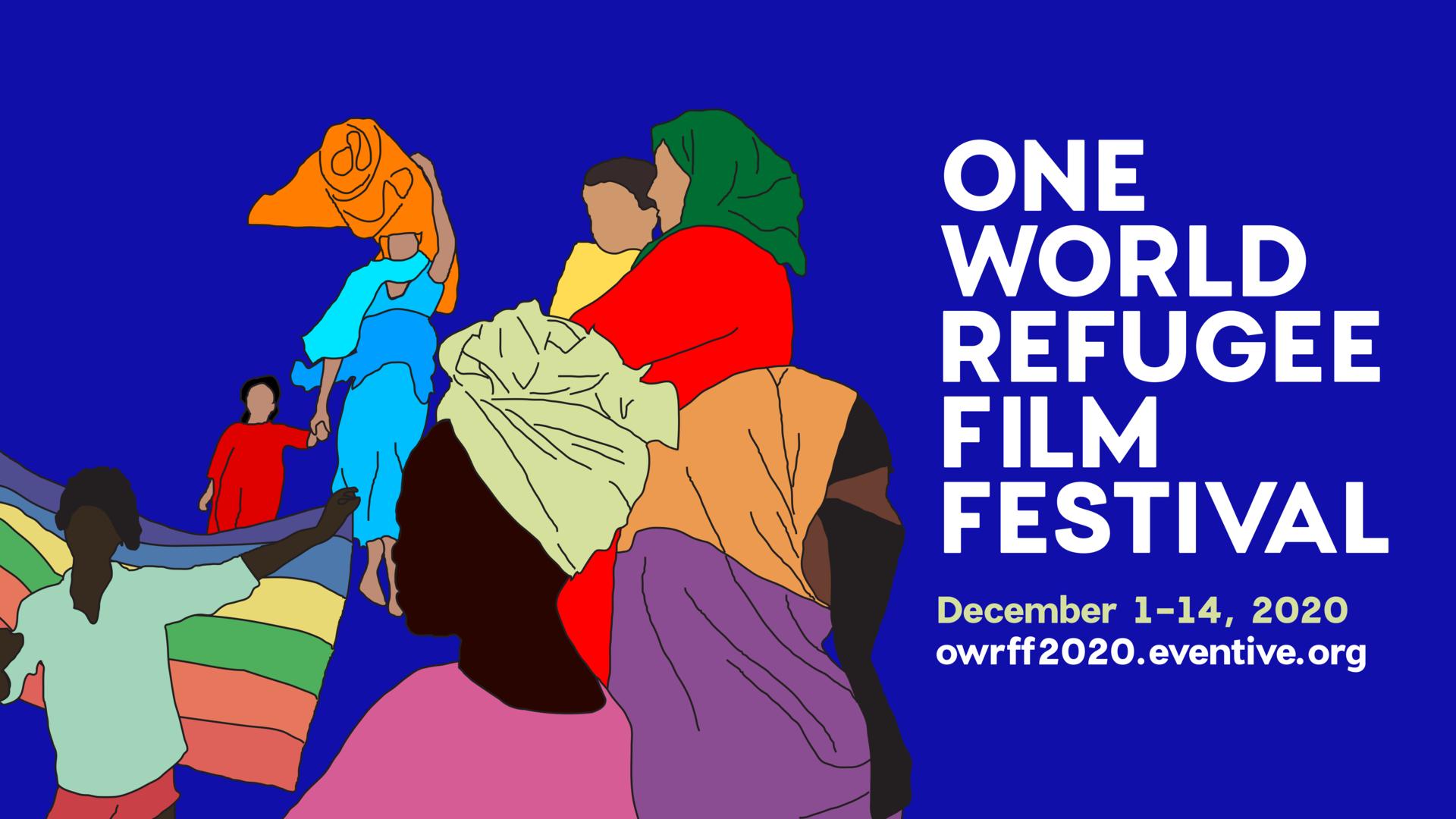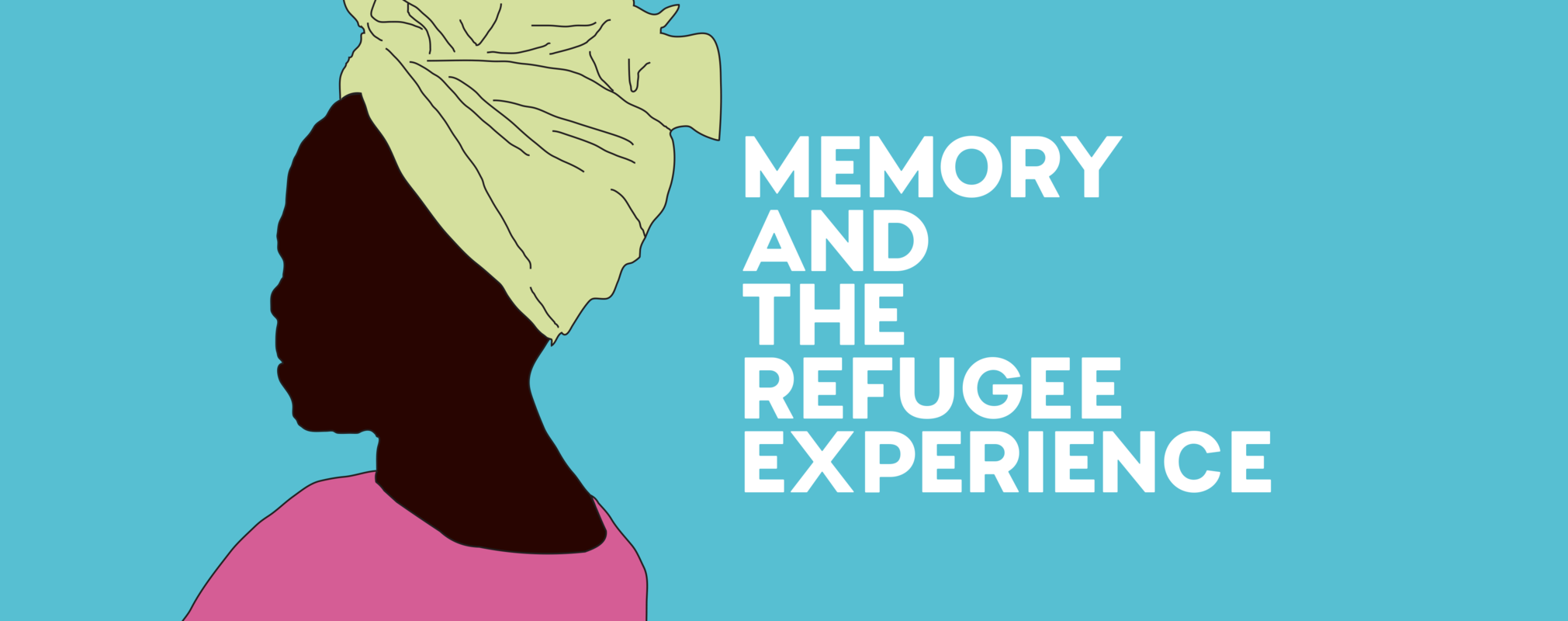
Memory and the refugee experience, which premieres December 14, 2020, coincides with UNHCR’s 70th anniversary. We will showcase three exciting films featuring past and ongoing refugee crises – from the aftermath of World War II in Europe with Memory Is Our Homeland (Jonathan Durand), to the experiences of Somali refugees in Memories of Mogadishu (Asha Siad) and the situation of refugees from Yemen in Yemen: The Silent War (Sufian Abulohom).
Refugees had to flee war, violence and persecution. They travelled treacherous routes to find safety. And as they start their lives over again, they carry with them memories of home in exile. This theme will feature prominently in a livestreamed conversation to celebrate UNHCR’s 70th anniversary on December 14, 2020, at 20:00 EST, with Polish-Canadian filmmaker Jonathan Durand and UNHCR Canada’s Representative, Rema Jamous Imseis, hosted by Jim Creskey, founder and publisher of the Hill Times.
The proceeds from this event will be donated to Matthew House Ottawa, a shelter offering essential support to refugee claimants.
Presented by

Memory Is Our Homeland is a documentary film charting the lost story of Polish refugees in Africa from 1942 to 1952 – a journey that brought a group of children through Siberia, Iran, India, and East Africa, to new lives in Montreal, Sheffield, and across the global Polish diaspora. It follows the story of Kazia Kolodziej (née Gerech), the filmmaker’s grandmother, and other Polish refugees, as they meditate on the meaning of memory, identity, and homeland. Grappling with memories of a traumatic exile in the Soviet Union, followed by an adolescence full of discovery in a Polish refugee camp near the foot of Mount Kilimanjaro, we see how these women’s lives have been shaped by early years fraught with insecurity and change. Tracing their footsteps, we travel from Montreal to Kazia’s Polish childhood home (now part of Belarus) through Iran, to modern-day Tengeru, Tanzania, where only one Polish descendant of the former WWII camp remains. Along the way, we discover how personal and shared experiences inform a sense of homeland, whether rooted in geography or imagination.
- Year2018
- Runtime90 minutes
- LanguageEnglish, Polish
- CountryCanada
- Notewith English subtitles
- DirectorJonathan Durand
- ProducerJonathan Durand, Frederic Bohbot
- EditorCatherine Villeminot
- MusicMikael Tobias

Memory and the refugee experience, which premieres December 14, 2020, coincides with UNHCR’s 70th anniversary. We will showcase three exciting films featuring past and ongoing refugee crises – from the aftermath of World War II in Europe with Memory Is Our Homeland (Jonathan Durand), to the experiences of Somali refugees in Memories of Mogadishu (Asha Siad) and the situation of refugees from Yemen in Yemen: The Silent War (Sufian Abulohom).
Refugees had to flee war, violence and persecution. They travelled treacherous routes to find safety. And as they start their lives over again, they carry with them memories of home in exile. This theme will feature prominently in a livestreamed conversation to celebrate UNHCR’s 70th anniversary on December 14, 2020, at 20:00 EST, with Polish-Canadian filmmaker Jonathan Durand and UNHCR Canada’s Representative, Rema Jamous Imseis, hosted by Jim Creskey, founder and publisher of the Hill Times.
The proceeds from this event will be donated to Matthew House Ottawa, a shelter offering essential support to refugee claimants.
Presented by

Memory Is Our Homeland is a documentary film charting the lost story of Polish refugees in Africa from 1942 to 1952 – a journey that brought a group of children through Siberia, Iran, India, and East Africa, to new lives in Montreal, Sheffield, and across the global Polish diaspora. It follows the story of Kazia Kolodziej (née Gerech), the filmmaker’s grandmother, and other Polish refugees, as they meditate on the meaning of memory, identity, and homeland. Grappling with memories of a traumatic exile in the Soviet Union, followed by an adolescence full of discovery in a Polish refugee camp near the foot of Mount Kilimanjaro, we see how these women’s lives have been shaped by early years fraught with insecurity and change. Tracing their footsteps, we travel from Montreal to Kazia’s Polish childhood home (now part of Belarus) through Iran, to modern-day Tengeru, Tanzania, where only one Polish descendant of the former WWII camp remains. Along the way, we discover how personal and shared experiences inform a sense of homeland, whether rooted in geography or imagination.
- Year2018
- Runtime90 minutes
- LanguageEnglish, Polish
- CountryCanada
- Notewith English subtitles
- DirectorJonathan Durand
- ProducerJonathan Durand, Frederic Bohbot
- EditorCatherine Villeminot
- MusicMikael Tobias